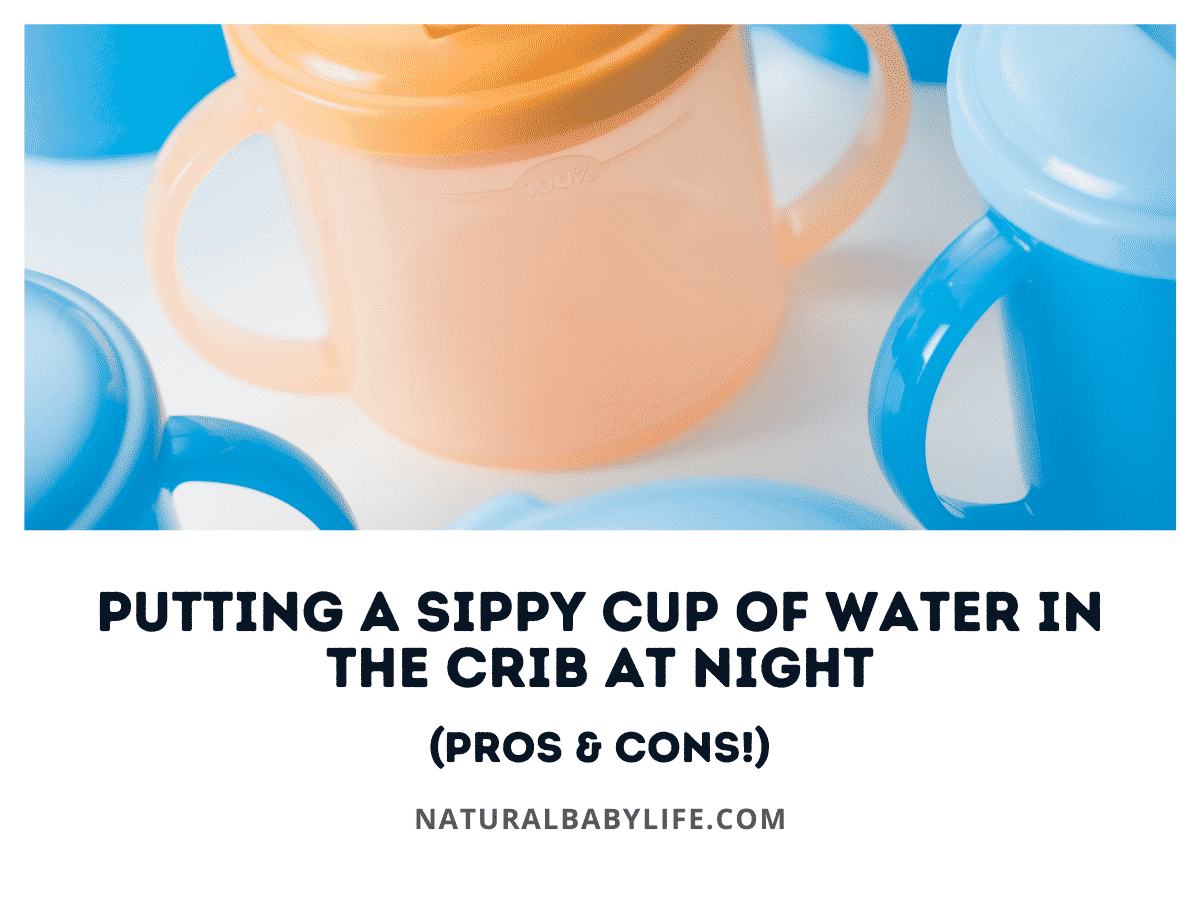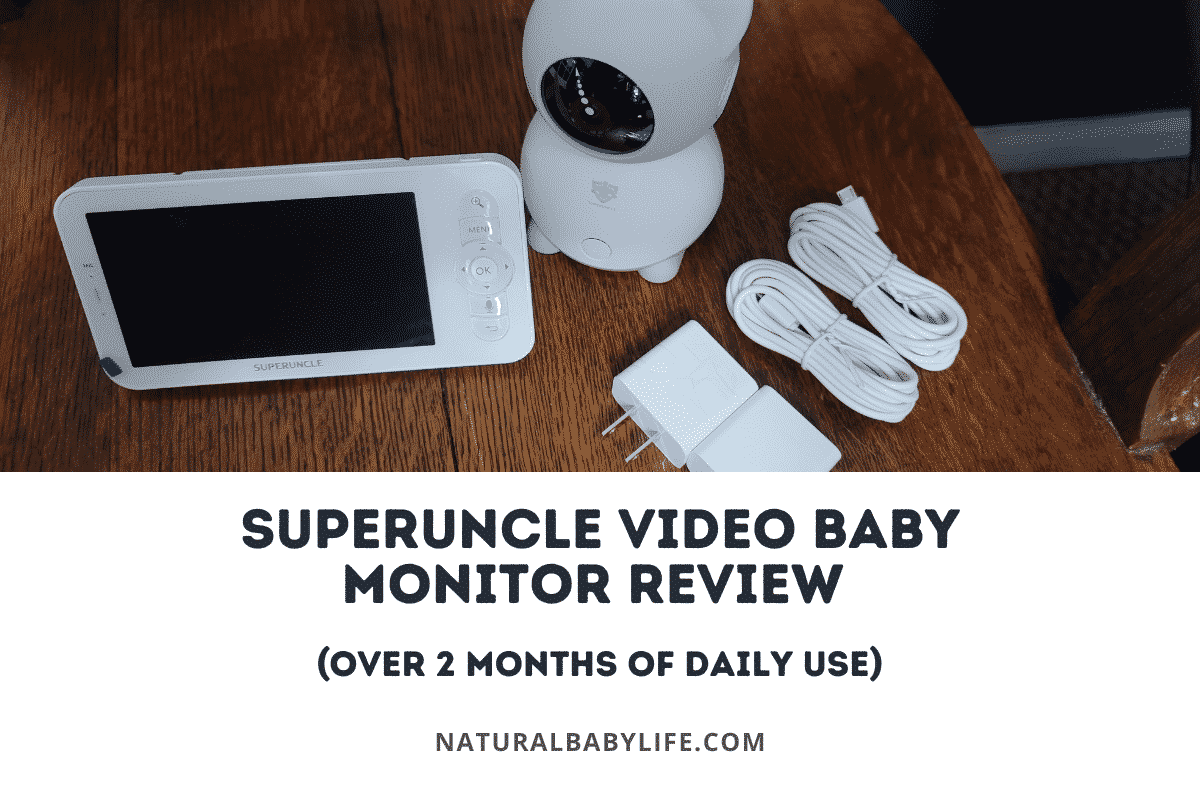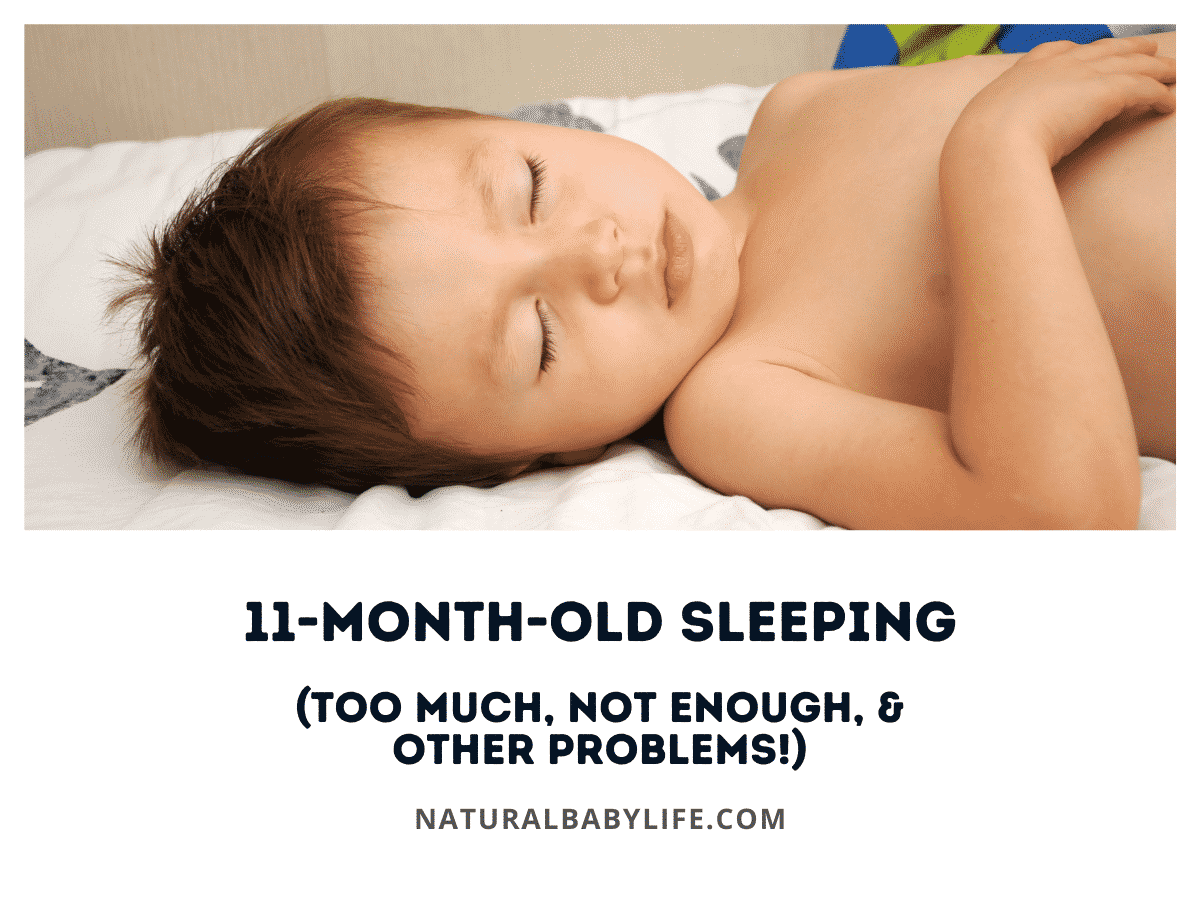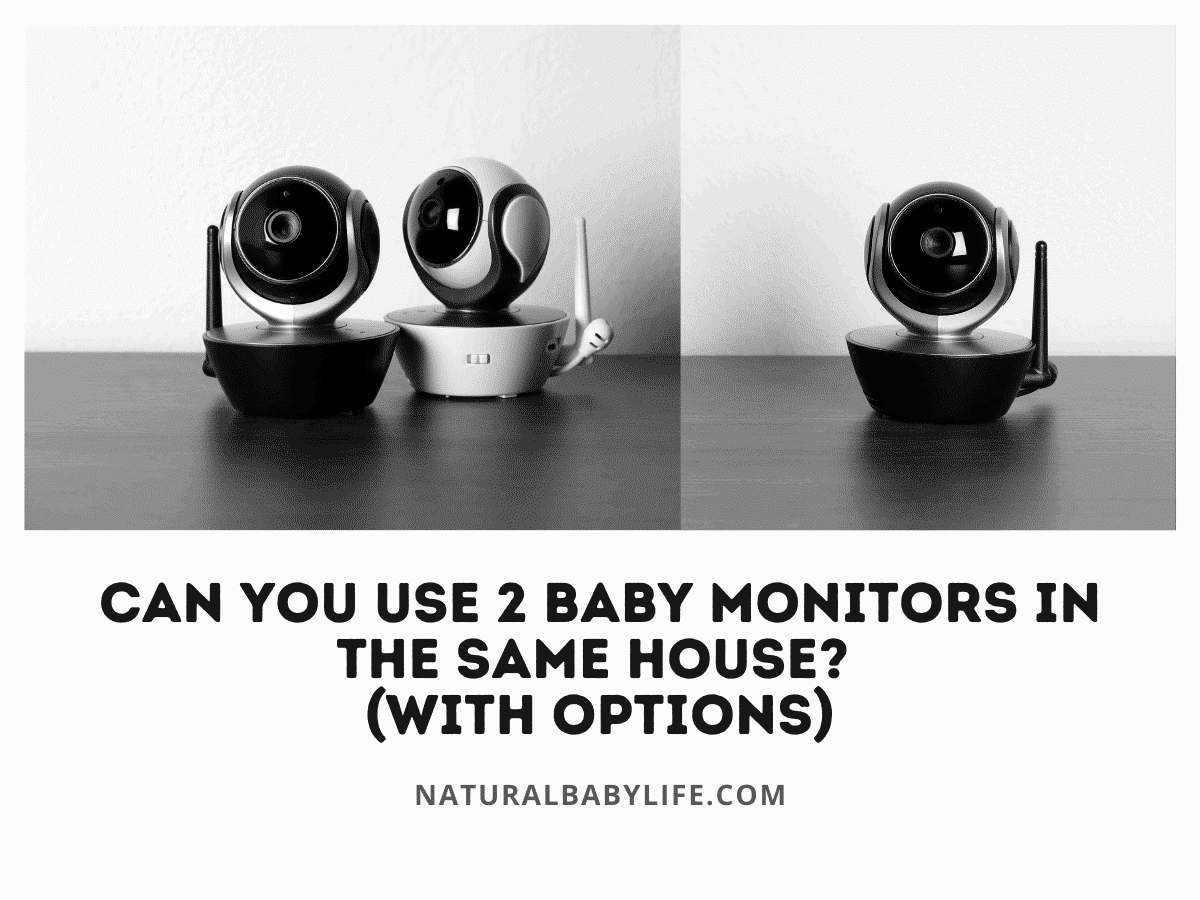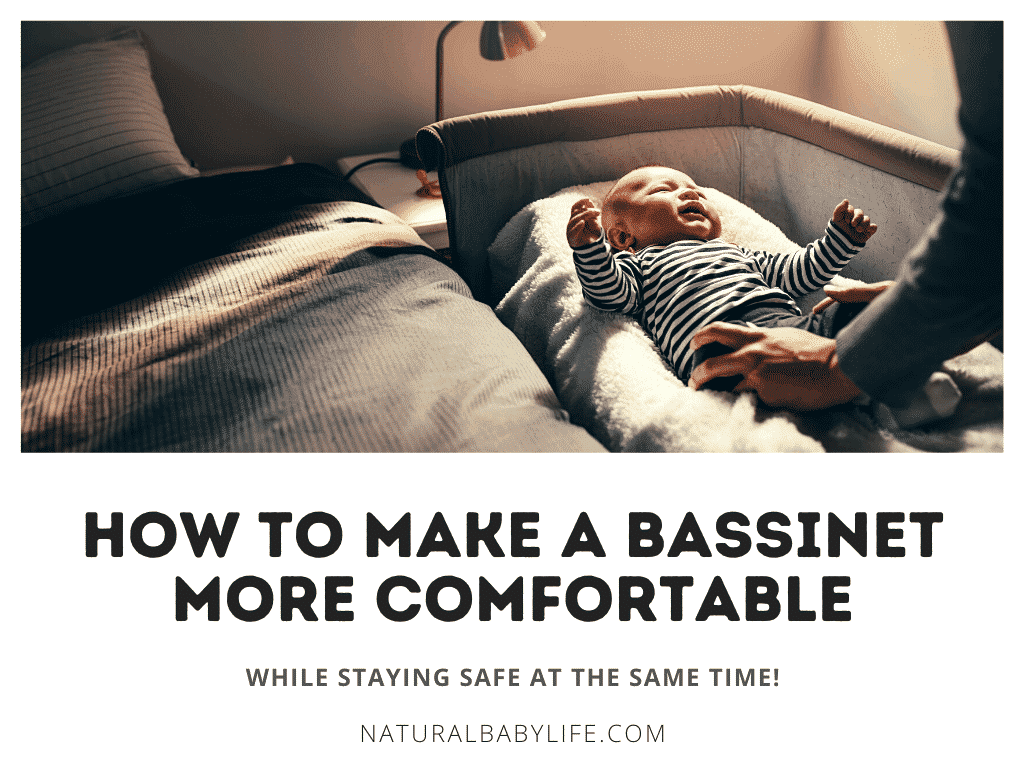If you’re accustomed to getting up every night to nurse or give your baby a bottle, then you may be desperate for a time that they’re old enough to deal with a late-night thirst on their own. When the time comes, is it safe to leave a sippy cup in your baby’s crib?
Starting at six months old, your baby can drink some water in addition to breastmilk or formula. Once they have mastered drinking water from a sippy cup, you can leave a bit of water in it in their crib. This allows them to soothe their thirst, fill their tummy, and even soothe themselves back to sleep. Never put milk or formula in the sippy cup.
If you’re still concerned about the pros and cons of leaving a sippy cup in your baby’s crib overnight, keep reading.
Table of Contents
Is it okay to put a sippy cup of water in the crib with the baby at night?
Once your baby is drinking water from a sippy cup, you may want to consider leaving a little bit for them in the crib overnight.
As long as your baby is able to drink water safely from a sippy cup during the day, it should be safe to give them a bit of water in one overnight. Never put any other drinks such as milk, breastmilk, formula, or juice in the sippy cup overnight, no matter your child’s age.
Allowing your baby access to a little bit of water can help everyone sleep better. If your baby wakes up thirsty or just a little hungry, they can get a little drink of water without having to wake you. Once your child is used to having their cup at the ready, they probably won’t even completely rouse to get a drink.
Additionally, having a sippy cup available can help your baby learn to self-soothe by giving them immediate access to the comfort they crave.
When can babies drink water?
Newborns and babies under six months of age should only eat and drink breastmilk or baby formula.
Before six months, babies require all the nutrients available to them through formula or breastmilk and diluting or replacing that with plain water can lead to major health issues.
After six months, you can introduce water into your baby’s diet, although it should still be supplemental and should be used as a replacement for breastmilk or formula.
Once your baby starts eating solid food, it’s a good practice to allow them to drink from a cup while eating to reduce the likelihood of constipation and start to teach them basic table practices.
At around six months, your baby shouldn’t be having more than about half a (measuring) cup of water each day, so make sure you’re only giving your little one a small amount of water in their sippy cup.
Of course, your baby will be able to drink more water as they grow, with one-year-olds needing more like 1-4 cups of water each day.
Do NOT put a sippy cup of milk or formula in the crib at night
While it is safe to put a sippy cup of water in the crib overnight, you should never leave your baby with milk or baby formula.
You should not put a sippy cup of milk or formula in your baby’s crib overnight because:
- Both are time- and temperature-sensitive. Bottled breastmilk should be consumed within two hours; it’s recommended that formula be completed within one hour. If you need to replace your baby’s sippy cup hourly, it’s hardly an improvement over waking up to feed them, is it?
- Formula, milk, and juice contain sugar. When the baby drinks from a sippy cup with a sugary liquid, the sugars stick to the baby’s teeth while the bacteria in their mouth turns the sugars into acid which eats away at the enamel.
If you want to leave a little bit of drink in your baby’s sippy cup overnight, make sure it’s water.
Potential benefits of putting a sippy cup in the crib
Do you keep a glass of water beside your bed in case you get thirsty during the night? Leaving a sippy cup of water in your baby’s crib is basically the same idea.
Putting a sippy cup of water in your baby’s crib can be good because it:
- Relieves your baby’s thirst if they wake up in the middle of the night and are accustomed to getting milk or a bottle.
- Curbs the urge to snack at night by filling their tummy.
- Comforts your child, and helps them learn to self-soothe.
Choose a quality cup with handles for easy access when the baby is sleepy and can easily grasp the cup.
Potential problems with putting a sippy cup in the crib
As with anything, there are also some disadvantages to putting a sippy cup in the crib with your little one.
Problems with putting a sippy cup in the crib include:
- Potential leakage – The sippy cup can potentially leak and soak the mattress and the baby. To prevent the cup from leaking, always make sure the cap is attached correctly.
- Drowning – Although this is incredibly unlikely, a badly constructed or old sippy cup could pose a risk if your baby falls asleep with it in their mouth. Be sure to choose a good cup that doesn’t leak when laid on its side or turned upside down. I use the Munchkin Miracle 360 Trainer Cup and have never had any trouble with it leaking, in any situation.
No matter which cup you choose, make sure you don’t overfill it. A quarter or half of a sippy cup should be more than enough to get your baby through a full night’s sleep.

